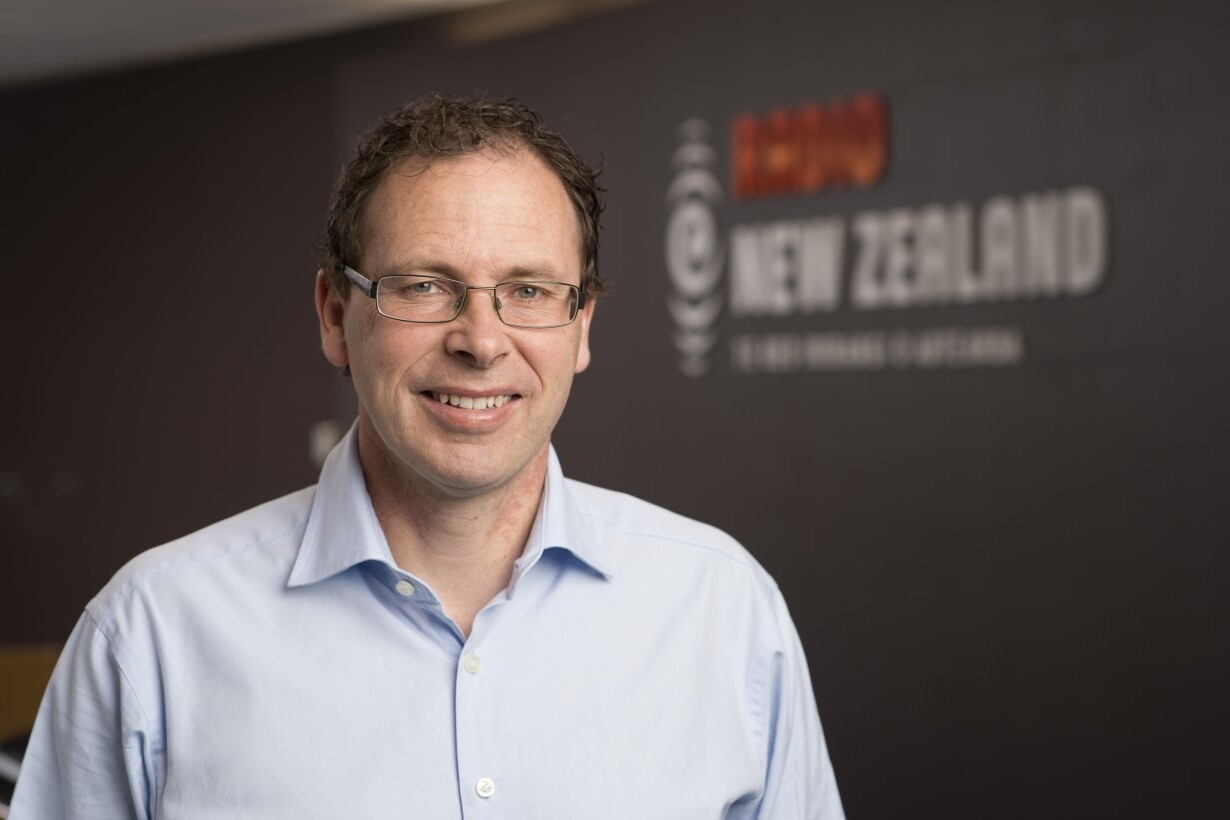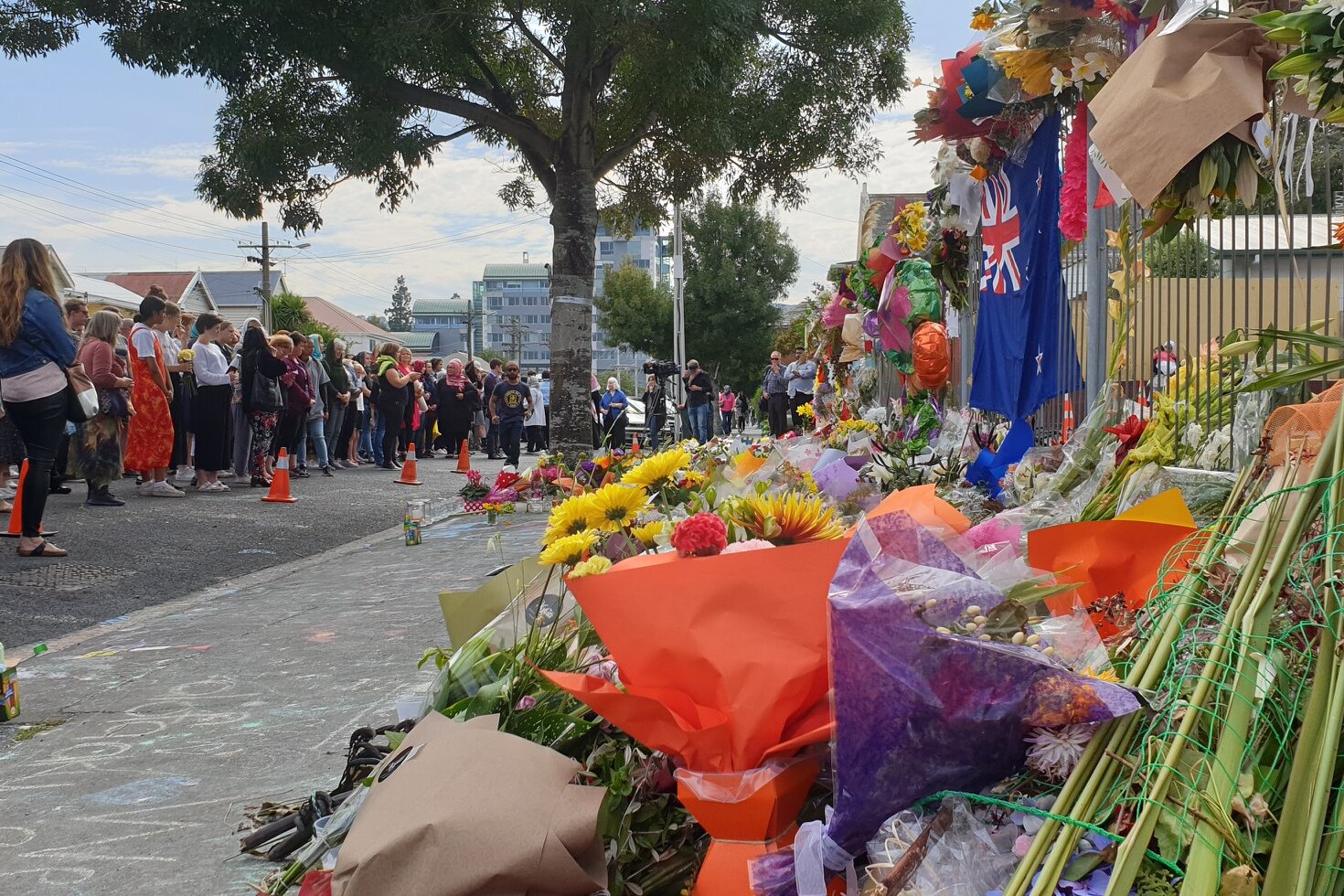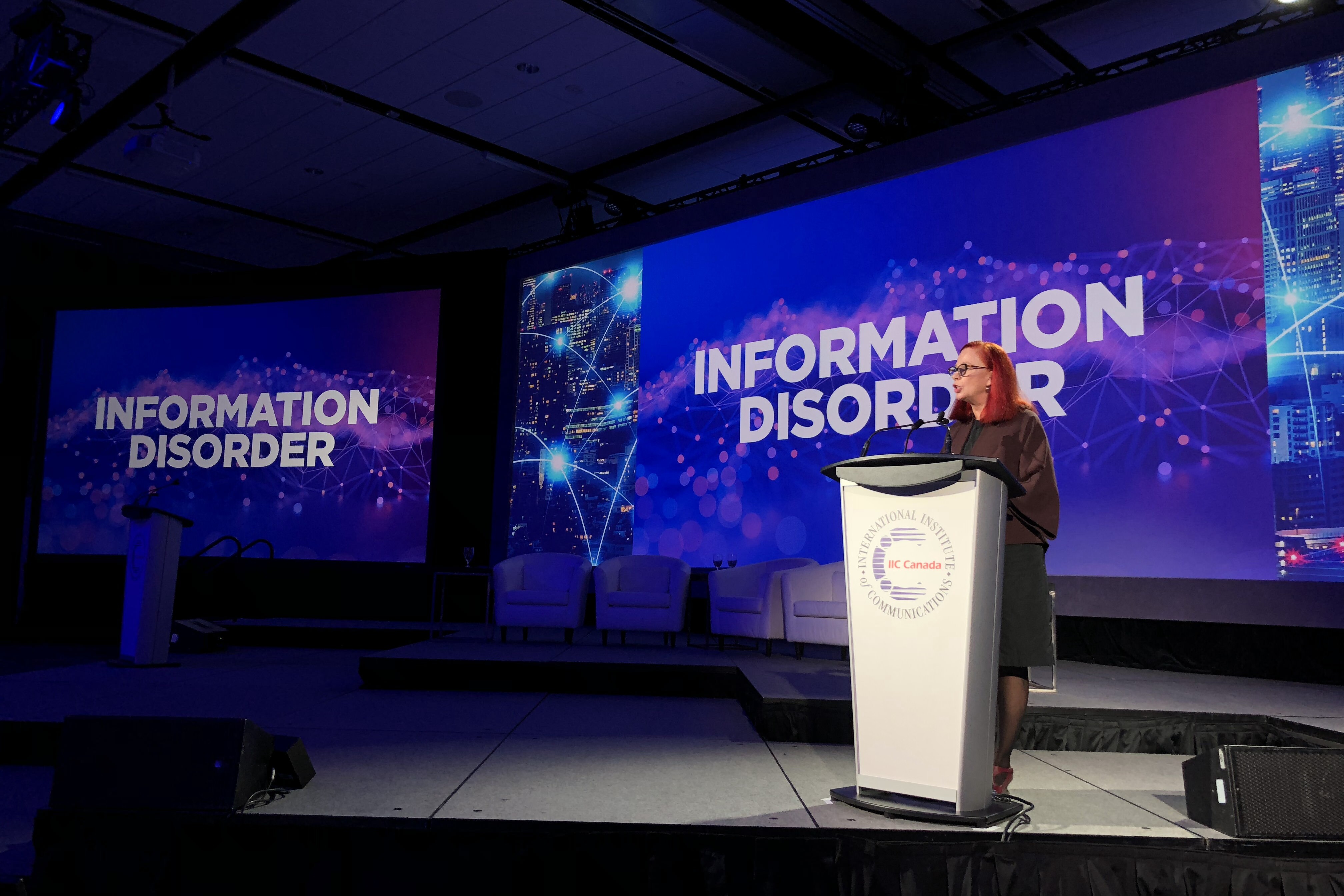By Paul Thompson
CEO & Editor in Chief of Radio New Zealand and President of the Public Media Alliance
I am both British and a New Zealander.
I was born in the UK but have lived on the other side of the world since my family emigrated in 1973.
My consumption of media reflects this dual identity. Two of my main media sources are the public broadcasters RNZ, where I work, and the BBC, which I listen to and read every day.
Public broadcasting underpins and informs my professional and personal life. While it is an imperfect system, and one that needs constant refreshment and occasional re-invention, public service media are probably the closest we will get to a sustainable and independent form of media for sovereign nations in these disrupted times.
In many ways the two organisations are utterly different – RNZ is small, with about 300 staff, and a budget that is a fraction of the BBC’s. The BBC has been a towering global influence whereas RNZ’s audiences are largely in New Zealand and the Pacific.
But we have important things in common. For example, grumpy politicians boycotting hard-hitting news programmes.
RNZ and the BBC also share the attributes that are common across public service broadcasting: statutory independence that sets us apart from state-controlled outlets; a commitment to being accessible, impartial and inclusive of all people; and an emphasis on building and maintaining high levels of public trust. We both provide services free of advertising.
We also share a potential vulnerability to politicians.
For RNZ this has often amounted to benign neglect, years of frozen funding, and a deficit of well-informed, credible public media policy.
At present a thaw is taking place as New Zealand’s Coalition government continues to wrestle with how best to make a lasting and effective investment in a strengthened public media. We live in hope but are not holding our breath, as concrete plans have yet to emerge after more than two years of soul-searching by ministers and mandarins.
The BBC, meanwhile, is possibly entering an ice age, with the newly elected UK government considering decriminalising non-payment of the licence fee and questioning the broadcaster’s unique and privileged position in British society.
These tensions are not new but, as Amol Rajan has persuasively pointed out, this time feels different.
Public broadcasters such as the BBC and RNZ, and everything in between, have played a major role in shaping democratic societies for nearly a century. They were pioneers of both radio and television, created new media markets and spawned talent. They have connected and informed our democracies, celebrated unique national languages and cultures, and provided a lifeline of information in times of strife, war and disaster.
But the linear, mass media world in which public broadcasting was born and thrived for decades no longer exists.
Information is now abundant and free to distribute. People have more choice than ever on how to spend their time and attention. New forms of media delivery utilising the internet and harnessing the formidable power of global tech titans have changed things forever. Even the largest public broadcasters are dwarfed by Google, Netflix, Apple, Amazon and Facebook.
It is discomforting to hear British Prime Minister Boris Johnson opine that the BBC should be able to fund itself just as the Netflixes of the world have done. He surely knows that doing so would irrevocably erode the public service mandate that is the essence of the BBC’s undoubted success and high levels of public trust.
Johnson is correct about one thing, however. There is no doubt that public broadcasters need to make significant change if we are to weather this storm of political indifference, loss of trust, technological upheaval and shifting audience behaviour. We must never presume our right to exist based on past achievements. It is surely much better that public broadcasters take the initiative and lead and champion our re-invention, individually in our own organisations and collectively through such initiatives as the Public Media Alliance’s Global Call Out.
And we must also get better at supporting commercial and private media in tangible ways, utilising our resources and reach to support a range of media sources and perspectives. RNZ’s radical sharing strategy – through which we provide trusted content to most other media in New Zealand and the Pacific – has demonstrably generated greater value to the public from their investment in us.
The overriding goal is for public broadcasting to be as relevant to current and future audiences as we have been in the past. This will require as much boldness and ingenuity as we can muster. Ultimately, our continued value to diverse audiences who trust us implicitly is the strongest platform upon which to build the future.
Header Image: Paul Thompson, CEO of Radio New Zealand (RNZ) and the President of PMA.
Related Posts
19th August 2019
Local democracy reporting scheme to pilot in New Zealand
The new Local Democracy Reporting…
27th March 2019
New Zealand’s news media entered uncharted territory on March 15
Radio New Zealand CEO, Paul Thompson,…
1st November 2018
Insight | Disruption, Trust and the Public Broadcaster
President and CEO of CBC/Radio-Canada,…



